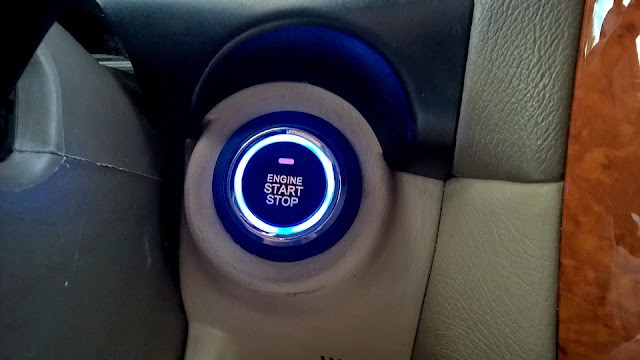Polyether Polyols Are Widely Being Used In Soft and Molding Foam Products Due To Their High-Quality Benefits
Propylene oxide-based Polyether Polyols have drawn much attention in polyurethane synthesis due to their ready availability and structural diversity. Microreactors with SIMM-V2 micromixers were developed to produce these polyether polyols with a high level of purity in less than 60 s. This process also produces higher molecular weight polyurethane. Ethylene oxide can be added to polyether polyols to make them more versatile.
The primary advantage of PU foam
is that it has high moisture resistance, which makes it waterproof. Polyether
Polyols can also increase the durability of a foam product. Further, they can
reduce the carbon footprint of a product by reducing its thickness. This makes
them ideal for many applications. Aside from the high-quality benefits, Polyether
Polyols are also widely used in soft and molding foam products.
Industrial PPG production with
traditional KOH catalysis almost always employs a batch type of process. The
reaction system typically consists of three basic steps: polyol-treating,
polymerization, and propoxylation. Depending on the type of polyol, the hydroxyl
groups present in the polymer are classified according to their numbers. As the
product is charged slowly into the reaction vessel, water is removed, allowing
the polyols to be treated with KOH and converted into the active species. The
reaction system is generally heated to between 100-110 degrees Celsius. The
feed rate of PO is critical for propoxylation. The process is versatile and
offers high-quality controlled nanoparticles. Polyols act as organic polar
solvents for the precursor compounds, and metal salts are soluble in polyol. As
the solution is heated to the boiling point of the polyol, the nuclei of the
metals grow into the metallic nanoparticles. However, polyols can be toxic to
sensitive tissues. The polyol method is often recommended for preparing metal
nanoparticles and NPS for various applications.
The PCC Group, a leading global
plastics company, produces polyether polyols under the trade name Rokopol.
These polyols are intended for use in polyurethane materials, which are some of
the most popular applications for this type of plastic. Along with being used
in a wide variety of industries, polyether polyols are also commonly used in
non-polyurethane applications such as transmission oils, hydraulic fluids, and
specialist compressor lubricants. In Aigust 2020, LANXESS developed a novel
range of MDI polyether prepolymers that contain renewable raw materials
marketed under brand name Adiprene Green, which are suitable as replacement for
fossil based polyether prepolymers and they allow PU processor to generate
components with declined CO2 footprint.




Comments
Post a Comment